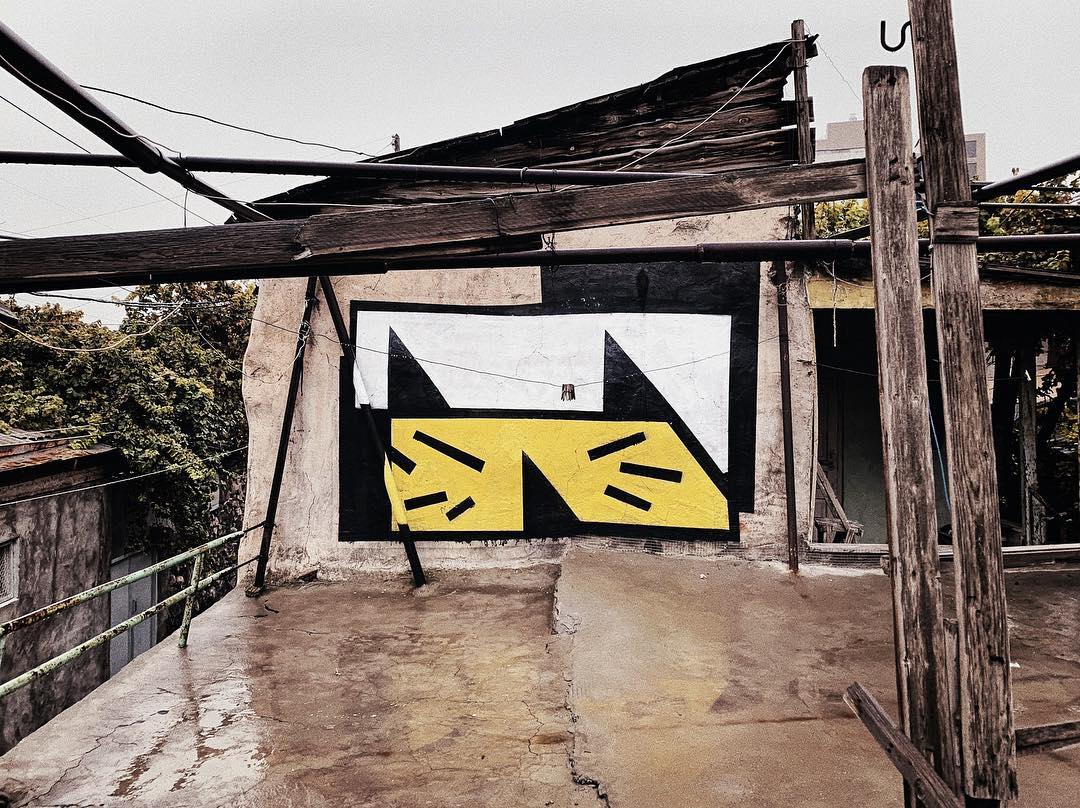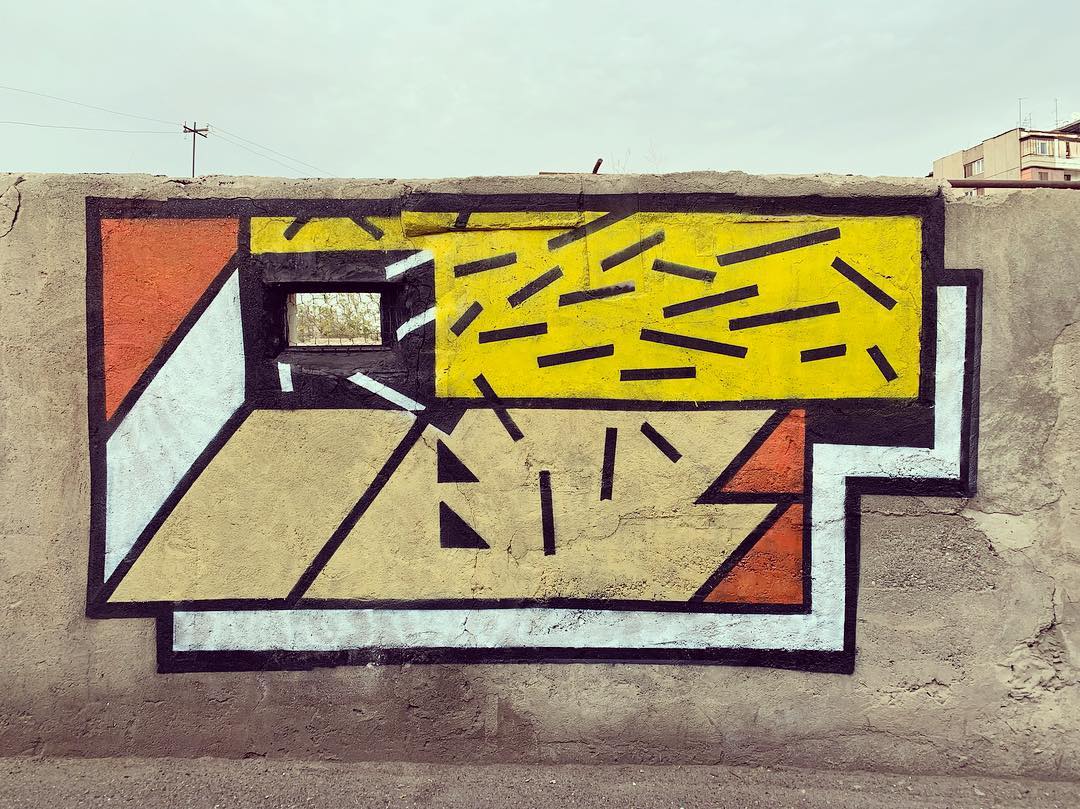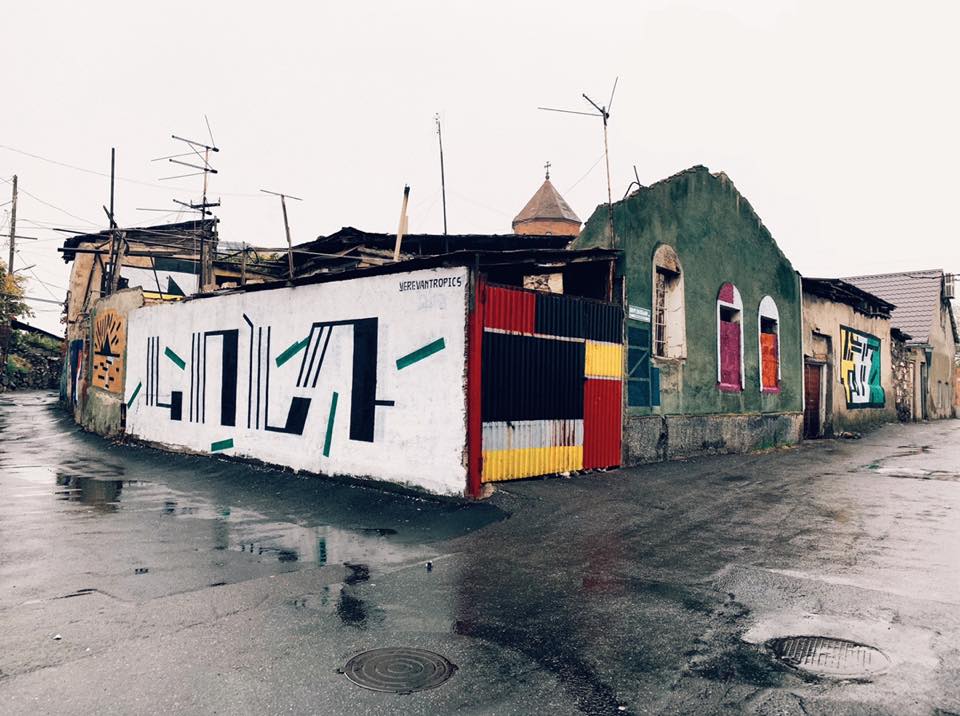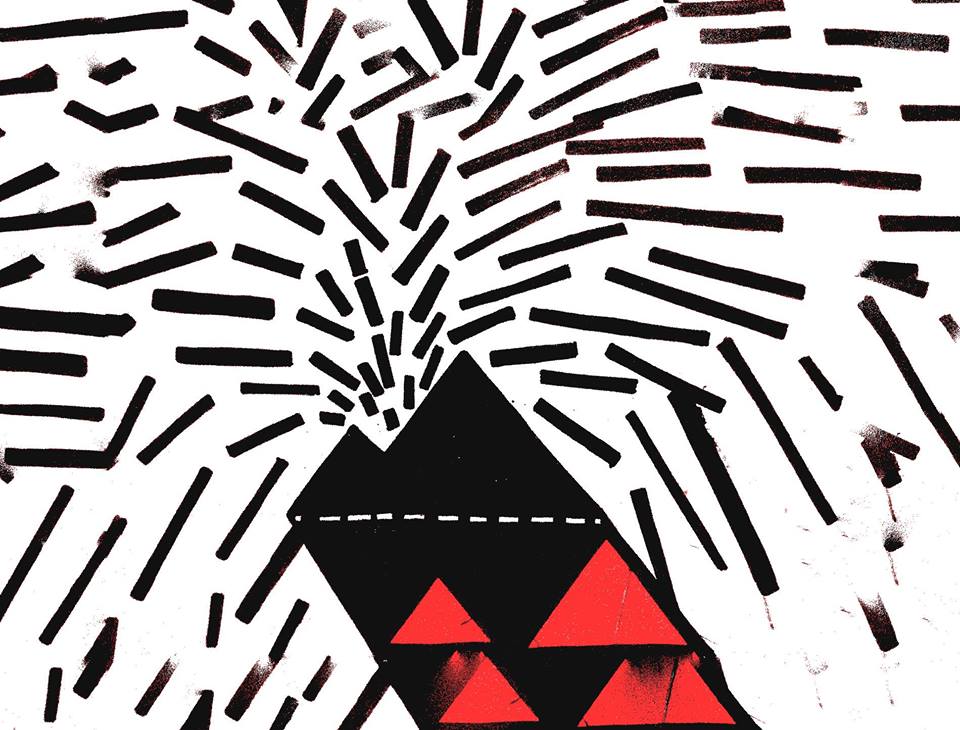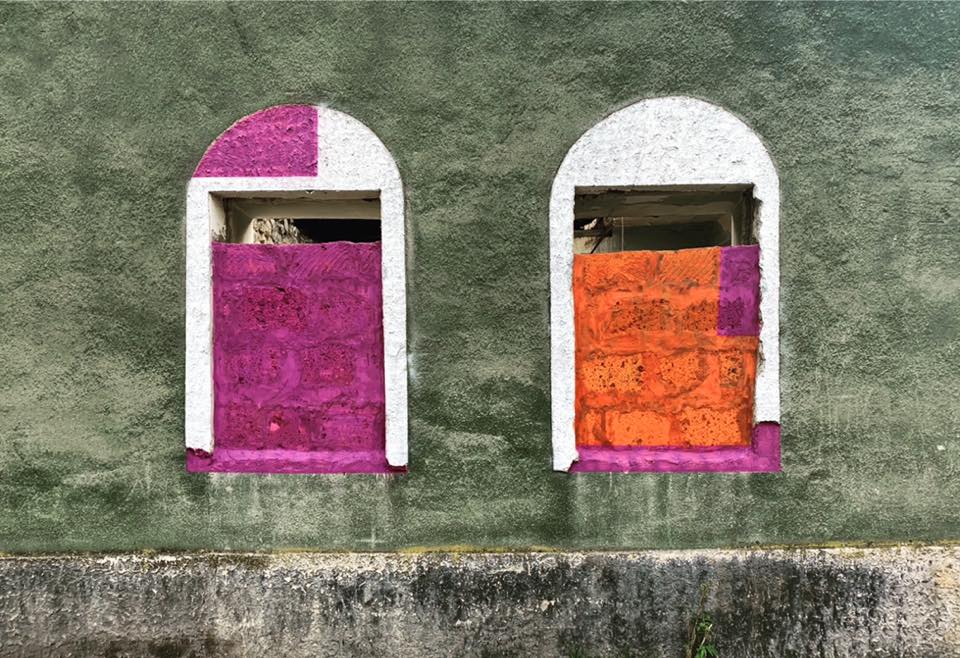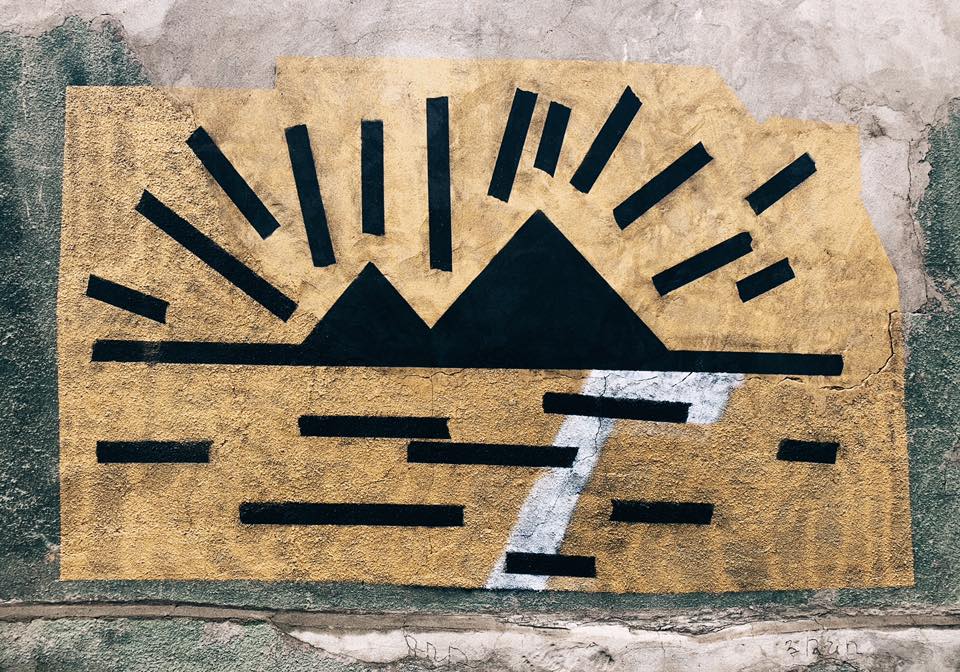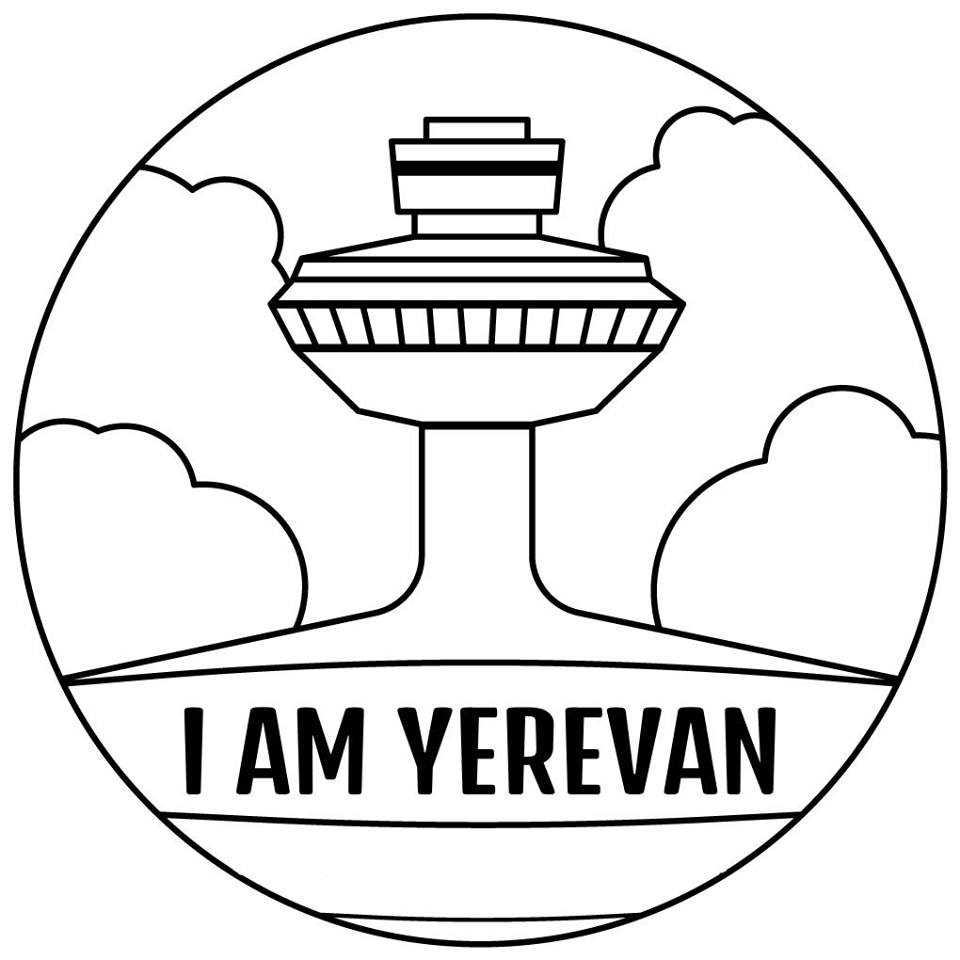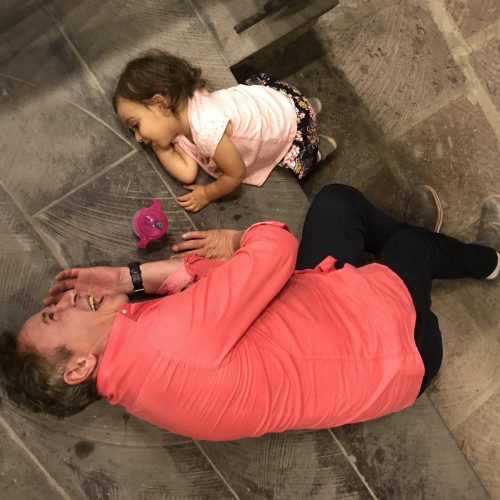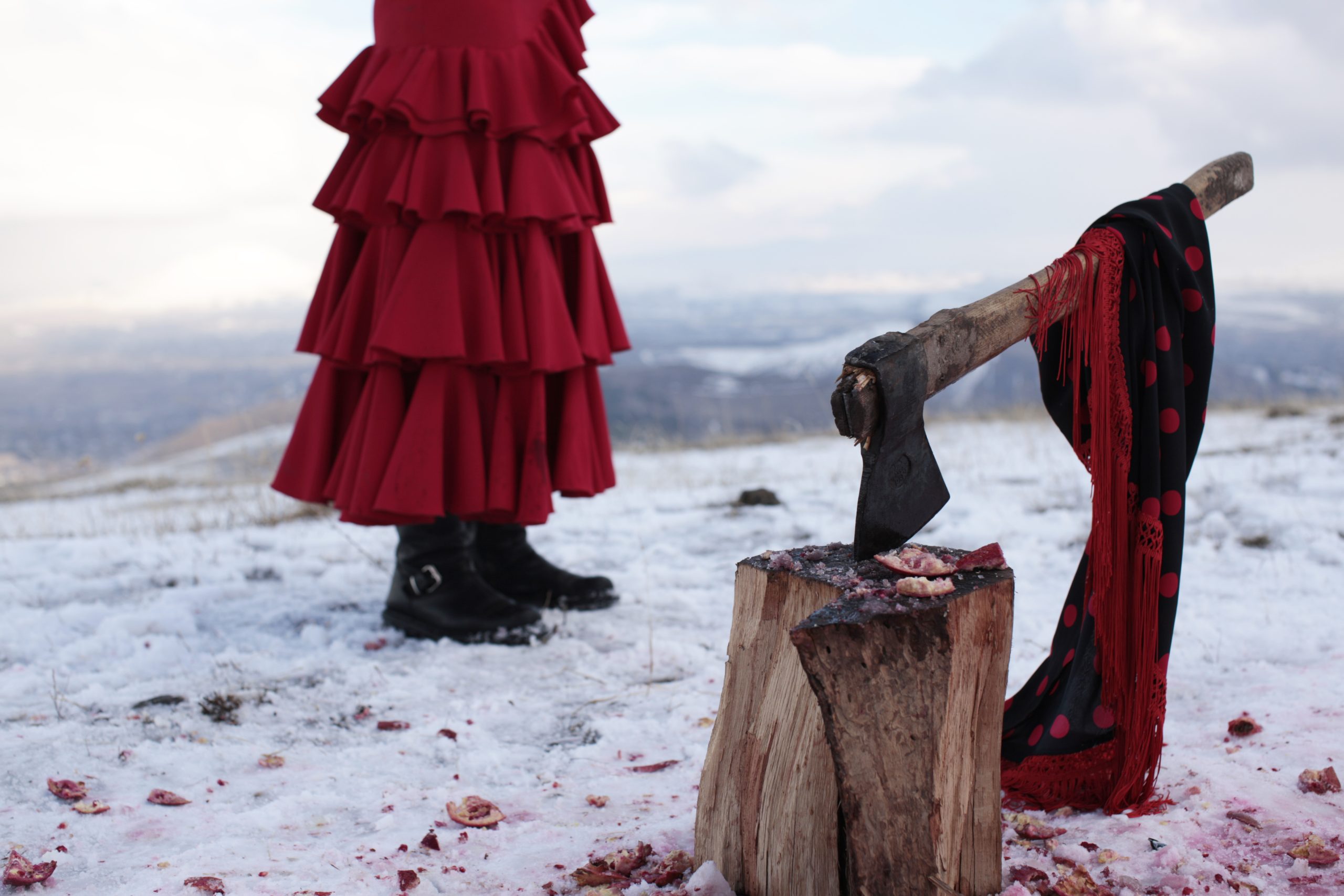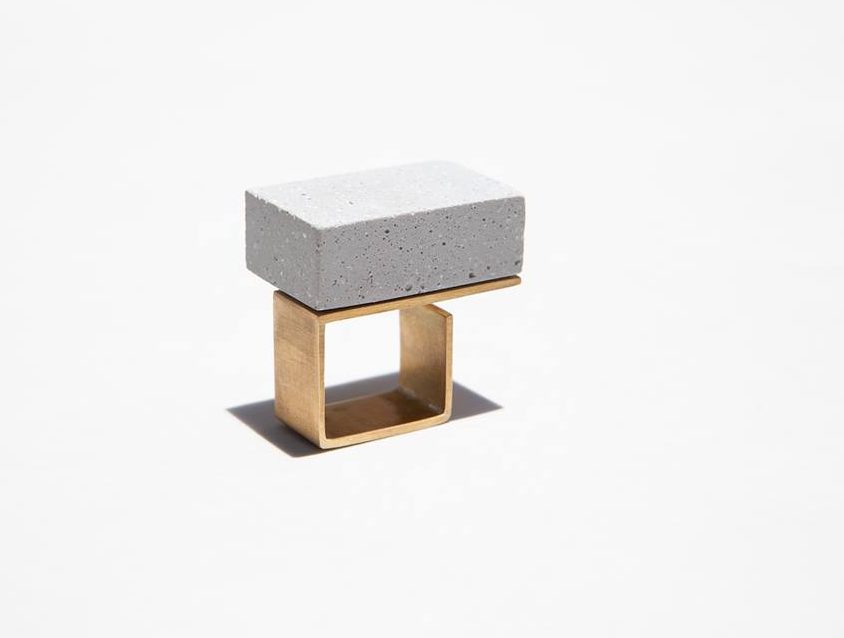
Shopping
March 28, 2019
Top Six Beer Places
March 31, 2019Kond is Yerevan’s oldest neighborhood and still preserves its chaotic charm.
You can feel the pre-Soviet era on each one of its narrow streets or when you climb up one of the staircases. If you ignore the modern dressed residents and some fancy cars parked in front of the houses, you can feel as if you are still walking around the past. Kond has long been avoided by the locals due to once being known as a stronghold of criminal activity.
But that’s not the case these days. The Soviet era criminal bosses are long gone, and Kond has recently been transformed into an open-air gallery by Sereg Navasardyan aka @yerevantropics, and a few graffiti artists from Yerevan to Georgia and Helsinki. The initiative was started by Sereg, who relentlessly painted whole streets in Kond with his iconic bold colors and Ararat mountain and palm trees and other elements. Kond is not touristy yet and does not have any cafes and restaurants, but it has hospitable residents who would definitely invite you for a warm cup of coffee or tea.
Sereg is an established Art Director and Graphic Designer. He has a degree in Graphic Design and is self-taught in spray paint. Below you can read our interview with Sereg Navasardyan:
"I laugh at the way some people think graffiti is all selfish tagging and vandalism. Thoughtful street art is like good fiction – it speaks out on behalf of everyone, for us all to see." ― Carla H. Krueger
Do you think people should be honest during the interview?
SEREG: This is a sort of a question that I want to respond yes to immediately. But to be honest, being super honest could lead to being criticized, or misunderstood in a way, so thinking twice about how, to be honest, is essential. This does not necessarily mean the opposite, but the way of structuring ideas and being constructive is important for me.
When did you do your first graffiti?
SEREG: It was a stencil with characters from Nintendo game Mario I did back in the 2000s. Just for the fun of it. But I was passionate about drawing on the walls at home as a kid. So I guess early childhood?
Are you going to switch from graffiti to canvas? Sort of, hit the museums?
SEREG: Well, graffiti or muralism as media is important for me from the perspective of urban art. This kind of contemporary art has a different meaning and approach for me. Switching is not the right description, as I perform in different media, and those have different meanings for me. Museums, I never thought about it. Actually, I am for open art, and not for marginal institutions.
What art movements, artworks have profoundly affected you?
SEREG: I am a big fan of suprematism and abstractionism. And it's always hard to pick one piece of art as inspiration. There are a lot.
Do you have any idols or heroes in the art world or outside art?
SEREG: Heroes that inspire me are so different. Those are people or individuals who believe in a better society and create art which has a big impact in new world development, which stands on fundamental values and is aimed to promote peace.
How do you make money? How do you afford the paint?
SEREG: Actually, I make money with graphic design, and art direction, my main profession apart from street art.
How did people in Kond respond to your presence and then your work?
SEREG: This is a long story, it all started with a mural I made back in August. Then, a few days ago, I found it partly repainted. This incident made me think about the deeper research in Kond, to get to know locals and understand their mentality towards street art and my idea of turning Kond into an art district. I succeeded. I get along with almost everyone in that neighborhood and take time to talk about my ideas. It appears that everyone is happy with that.
How divided is Yerevan in your opinion?
SEREG: Let's say super divided. But I'm not sure if this means a lot for someone unfamiliar with Yerevan.
You're a pretty famous dude in some circles. And people probably started to talk about you a lot since you started the project. Do they talk about your personality or your work?
SEREG: Well, this is a tough thing to think about. At first, people who know you say different things about your personality, good, bad, whatever. After the Kond project the whispers and rumors became more positive and turned to Kond mainly, rather than my personality, and my personality became more positive as a result of this. I like it.
You have a reputation for being a difficult person to work with. Why is that?
SEREG: Mainly because I'm honest, or even because I can't tolerate things I don't think are cool, I'm selfish and blah-blah stuff like that. Anyway, I learned to get along with my personality, and I think it's important to reshape yourself for a good cause. That's what I'm doing all the time. But I don't think that I am difficult, it’s just some people are too weak.
How do you take criticism?
SEREG: I wish to say I love it, but sometimes it pisses me off.
Do you think as an artist you have to explain your work?
SEREG: I do. I believe you need to explain what your art is aimed at, and what's the main challenge you as an artist are trying to deal with. Explaining art is like explaining a joke, a famous quote says. But you know what, explaining what art brings to society is important for me as a street artist, whose art is abstract and public. I like to explain what the purpose of it is.
What time of the day do you prefer working?
SEREG: Daytime is the best, I love when it's sunny. Simply because you see what you do. So technical.
Do you listen to music when you work? What's on your playlist?
SEREG: My playlist contains different artists, from the French house to classic rock and experimental jazz. Mainly I enjoy radio stations which stream online, so you never know what you'll get next. Music is super important for me, but I never mix it with my creations. Those are different stories.
Where did you grow up? Tell me about your family a little bit.
SEREG: I grew up in Yerevan of the 90s, 2000s and nowadays. Raised in a family of late Soviet era hipsters, let's say. My background is strong in culture, and culture is something super appreciated in my family where I grew up.
Funding for the arts! This is something that still has to be figured out in our country. Do you think Art should be funded by the government?
SEREG: I think culture should be funded more than technology. Never mind who's the main investor in it. It could be government as well. It is essential for leaders nowadays to figure out the role of culture in social development, and invest money in it. Art should be supported in all forms available.
